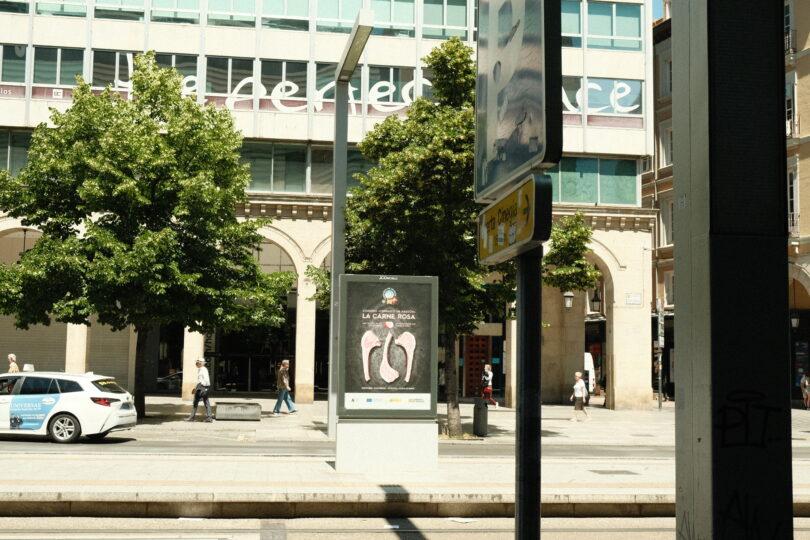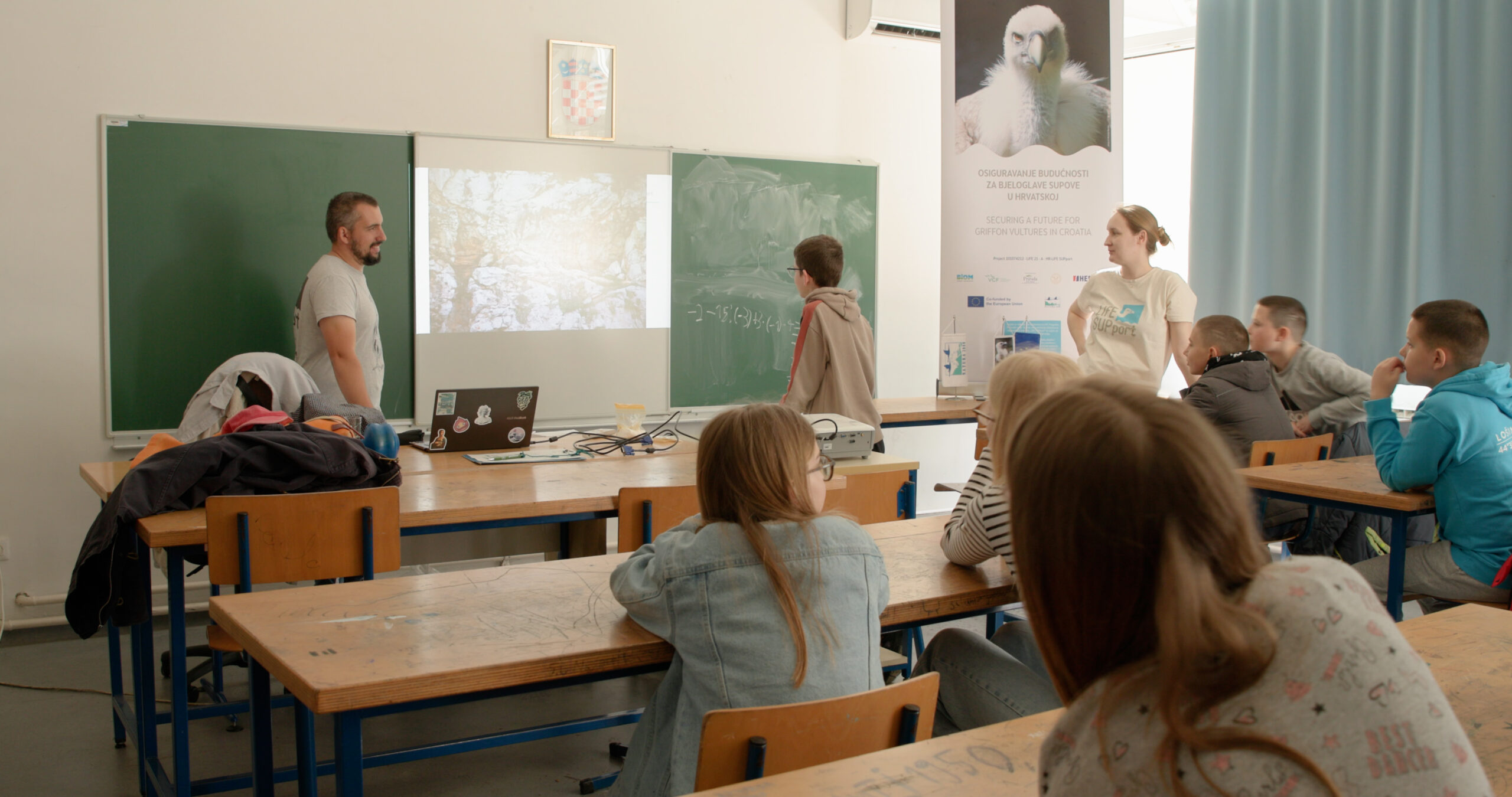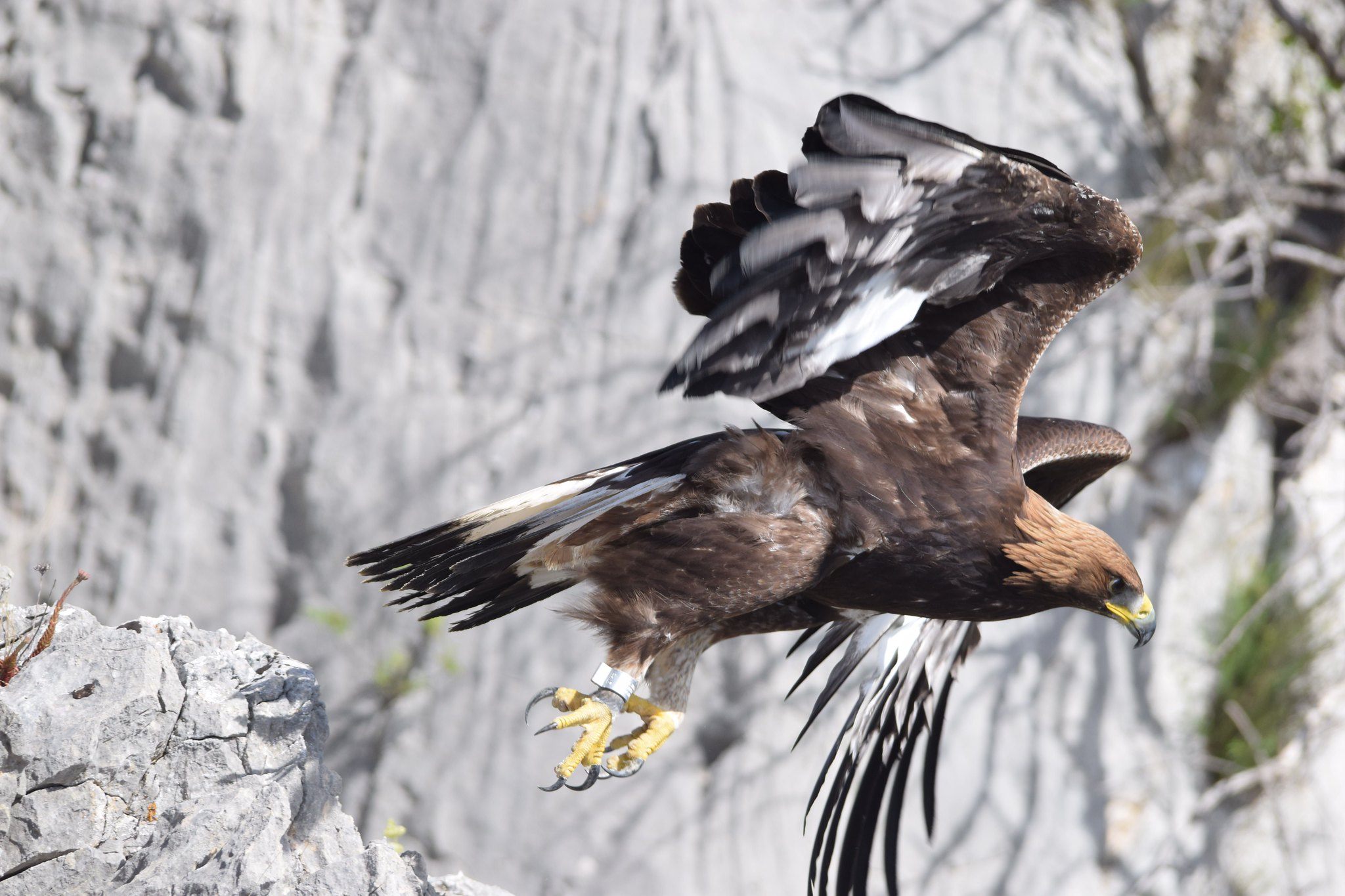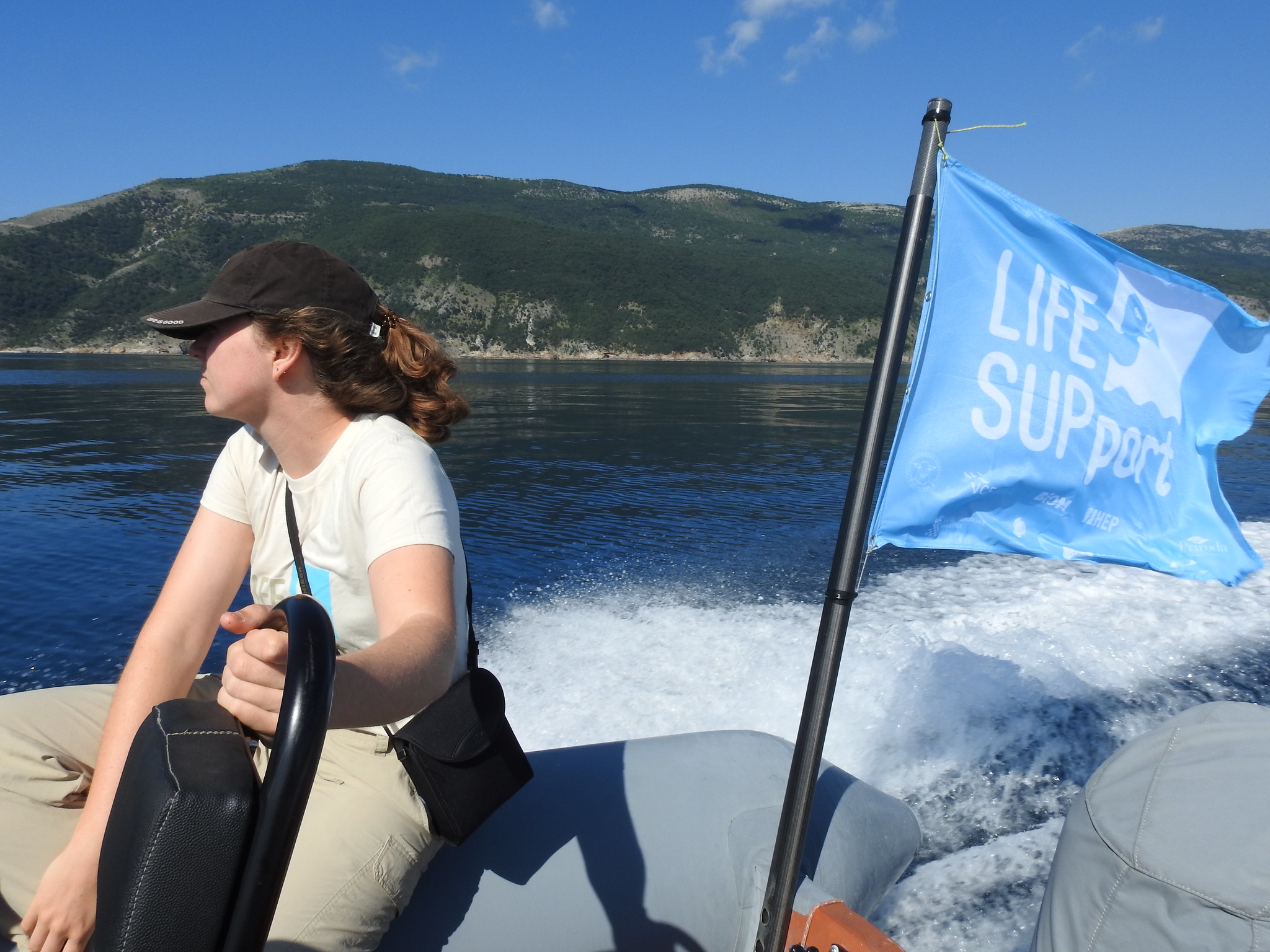Pastoralism is a term that appears straightforward but can easily lead to entanglement in a web of complex definitions and nuances. All definitions of pastoralism share the common theme of systems involving the raising of livestock and the grazing of grasslands. This subject is gaining increasing importance due to the crisis in the food production system, the need to preserve grasslands, and the growing impact of climate change. The UN has declared 2026 the International Year of Rangelands and Pastoralists, highlighting the need to promote the significance of this issue.
In early June, the International Centre for Advanced Mediterranean Agronomic Studies (CIHEAM) organised a course titled ‘Innovations for Sustainable Mediterranean Pastoral Systems’ in Zaragoza, Spain. The event brought together young experts and scientists from across the Mediterranean region, including our participation.

Apart from their exceptional quality, the products of pastoral systems possess a unique identity; their production provides an irreplaceable benefit for the maintenance of pastures and their biological diversity. In modern times, pastoralism offers young people born in rural areas a rare opportunity to remain there, secure employment, and contribute to preserving their environment’s traditional and sustainable nature.
Zaragoza, the capital of the province of Aragon, has a deep-rooted connection to extensive livestock farming. In the 12th century, King Alfonso granted all herdsmen from Zaragoza the right to use pastures free of charge, attracting numerous shepherds and cattle. The large influx of shepherds and livestock necessitated the regulation of grazing and herdsmen’s rights, leading to the establishment of the ‘Casa de Ganaderos de Zaragoza’ in 1218. This institution, one of the oldest in Europe, wielded significant power, including the authority to prosecute criminal and legal disputes related to cattle breeding and even impose death sentences. This underscores the critical importance of cattle breeding during that period.
The objective of the educational programme ‘Sharing the Knowledge, Feeding the Future’ is unique, as the development and strengthening of pastoralism depend on educating and building the capacities of individuals. The resources to modernise and support extensive animal husbandry are largely available, so the challenge is not in providing the funds but in ensuring their effective use. Therefore, the mission of this organisation is to invest in education and enhance the capabilities of future experts who will be able to apply the best practices and innovations with the available resources.
The educational programme brought together representatives from Mediterranean countries and provided a comprehensive overview of the following topics:
- Different pastoral systems in the Mediterranean
- Traditions and innovations in pastoralism
- Sustainability of pastoral systems
- Effects of pastoralism on nature and the environment
- Social and political aspects of pastoralism
- Promotion of pastoralism
Although Mediterranean countries differ significantly in social and political terms, in terms of pastoralism, they face similar challenges that lead to socio-economic issues, limited market access, and the migration of the younger population. The primary issue is that pastoralism is often equated with intensive production systems, revealing that the EU still lacks a strong vision of pastoralism and the benefits that grazing and pasture maintenance bring to the entire ecosystem and society.
Pastoral systems have traditionally relied on family collaboration, but this approach has recently undergone significant changes. Families are becoming less involved in pastoralism, with the labour force increasingly supplemented by auxiliary workers, often immigrants from other parts of the world. Pastoralism is a complex system, particularly from an economic perspective, as it cannot be assessed solely in terms of profit, but must be valued for the overall benefits it provides to society and nature.
Pastoral systems evolve and have historically demonstrated remarkable adaptability. However, in recent years, pastoral systems throughout the Mediterranean have faced a crisis that endangers the millennia-old tradition of grazing, traditional knowledge, and intangible cultural heritage. Pastoralism will undoubtedly undergo modernization to address new challenges, both those induced by inadequate policies and natural ones over which we have little control.
Pastoralism is highly significant in Spain, and several innovations aimed at its preservation are noteworthy. Herding schools represent a particularly interesting and widespread initiative addressing the issue of the declining number of herders. These schools tackle the problem of a lack of young people to replace the ageing herders or to work as auxiliary workers on farms.
Herding schools convey traditional knowledge to new generations, aiming to inspire young people and provide them with essential first-hand knowledge required for extensive livestock farming. The programme in herding schools spans approximately four months, during which experienced herders mentor younger participants through discussion and practical experience. Similar to these schools, programmes have also been established to pass on knowledge about cheesemaking. Participants have the opportunity to learn and refine the entire cheese production process, after which they receive a certificate and are qualified to work independently as producers.
Spain also provides excellent examples of how the perception of extensive animal husbandry’s impact on pasture maintenance and grazing has been transformed. In recent years, Spain, like other Mediterranean countries, has faced significant challenges with wildfires. Some solutions have been found in livestock traditions. “Fire flocks” are herds of goats assigned the special task of fire prevention. In this system, the herdsman’s role is to graze goats in areas identified as high-risk for fire spread. The goats help mitigate this risk by pruning low plants and trees, thereby reducing the available fuel biomass.
Translated by: Maja Dragojević






